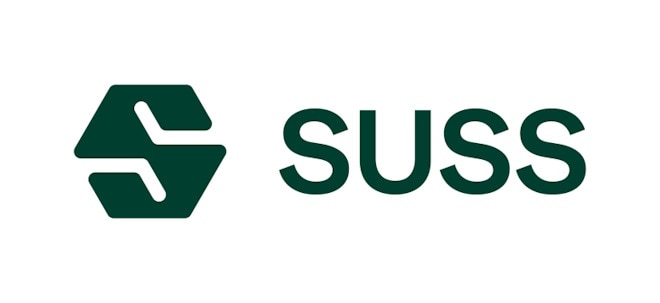I maybe off the wall, do not forget this,
GS AgriFuels acquires stake in ZeroPoint Clean Tech
Posted by Giles Clark, London
Tuesday, 14 November 2006
GS AgriFuels Corporation today (14th November) announced its acquisition of about 10% of ZeroPoint Clean Tech, Inc. for $2.5 million. ZeroPoint is a development stage company commercializing patent-pending and proprietary biomass gasification, gas-to-liquids, gas processing and fuel reforming, and evaporation technologies.
Under the terms of GS AgriFuels’ investment agreements with ZeroPoint, GS AgriFuels also received an option to purchase another 4% of ZeroPoint and Thomas Scozzafava, GS AgriFuels’ president and chief operating officer, was appointed to the ZeroPoint board of directors.
ZeroPoint’s Biomass Gasifier is designed to standardize variable cellulosic and other biomass feedstocks and optimize high yields of high-quality syngas in real-time with greatly increased capital and operating cost efficiencies at much smaller scales as compared to traditional gasification technologies.
The syngas output of ZeroPoint’s gasifier can either be used to generate electricity in a standard gas-fired generator or catalyzed into liquid fuels such as ethanol, methanol or synthetic diesel with the Fischer-Tropsch process.
Biomass Gasification and Synthesis Gas
When biomass is heated with little oxygen needed for efficient combustion, the biomass breaks apart into its molecular constituents, or it gasifies, into a mixture of carbon monoxide and hydrogen gas called synthesis gas, or syngas. This is similar to the process that occurs with wood in a fireplace. As the wood becomes very hot, it gives off its volatile gases – syngas – and it falls apart into a relatively low volume of ash. Because there is an open flame and ample free oxygen, the syngas emitted by wood in a fireplace combusts immediately and produces fire.
Gasification converts carbonaceous materials into syngas, and a biomass gasifier is a system that can gasify biomass such as wood waste, municipal waste, or agriproducts into syngas. Importantly, syngas produced in a biomass gasification process can be converted into liquid fuels and other products through a catalytic chemical reaction called the Fischer-Tropsch process.
To date, the most significant resistance to wide-scale use of biomass gasification has been the requirement to customize gasifiers for the specifics of each individual application. This is because different forms of biomass have different sizes shapes, densities, moisture contents, cellulosic structures and gasification and devolitization characteristics. Customization requirements and the practicality of gasifying variable feeds have typically constrained gasifiers to larger scale, capital intensive designs.
Mr. Scozzafava said that “We believe that the ZeroPoint technology is the most cost effective commercially viable technology available for producing cellulosic ethanol and other biomass derived liquid fuels. ZeroPoint’s gasifier is scalable and very robust – it can readily accommodate variable biomass feedstocks while still achieving its production goals, and we plan to rely on the technology extensively as we develop our agrifuel production facilities.”
ZeroPoint has successfully demonstrated the capabilities of its technologies in a small scale pilot processing plant and it is currently building a commercial scale pilot plant based on its technologies at Clarkson University in Potsdam, New York.
GS AgriFuels’ sister company, GS CleanTech Corporation (OTC Bulletin Board: GSCT), recently entered into an agreement with ZeroPoint for the exclusive rights to distribute ZeroPoint’s technology in the North American corn ethanol production industry.
http://www.biofuelreview.com/content/view/620/
|


 Thread abonnieren
Thread abonnieren


